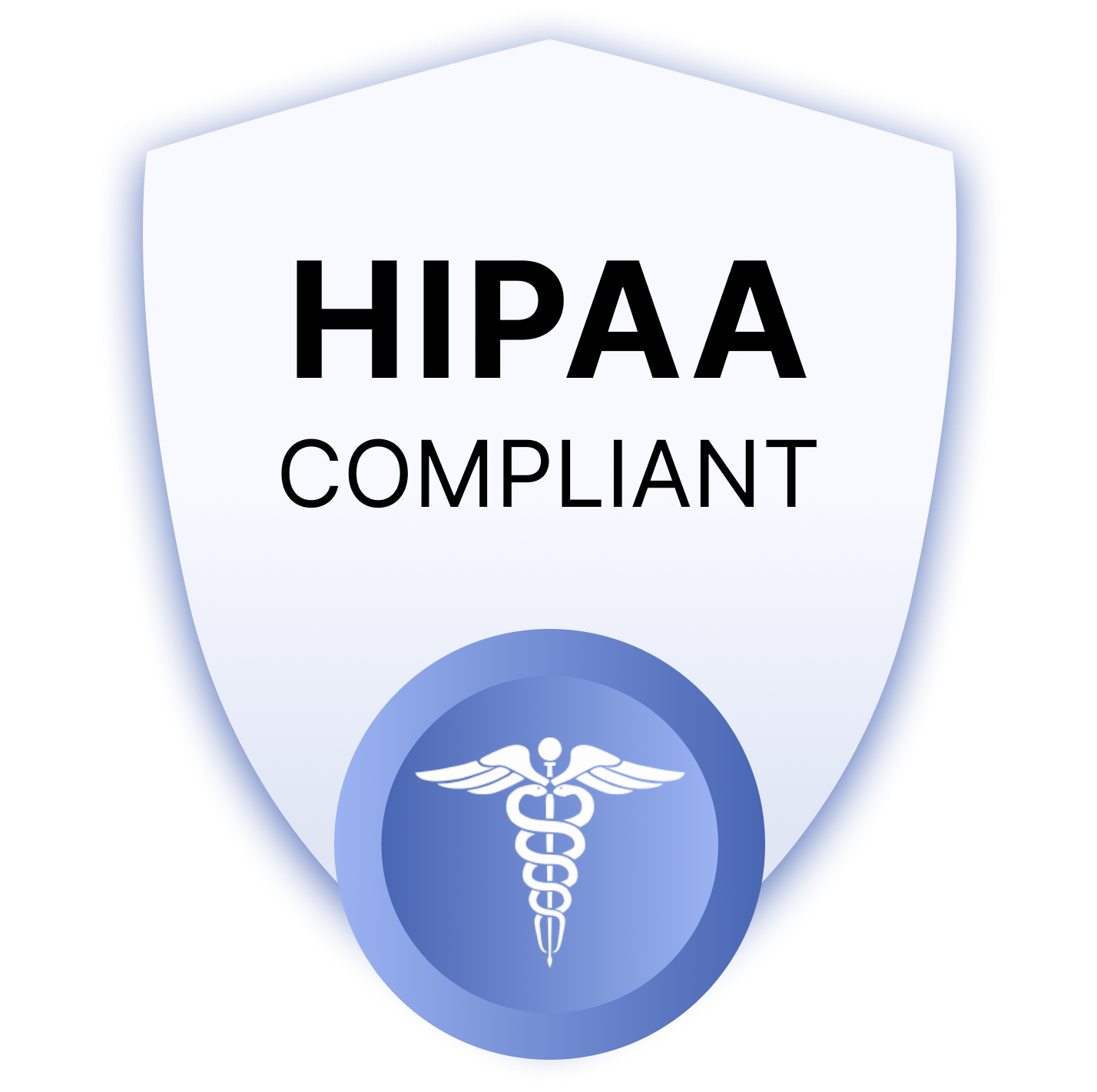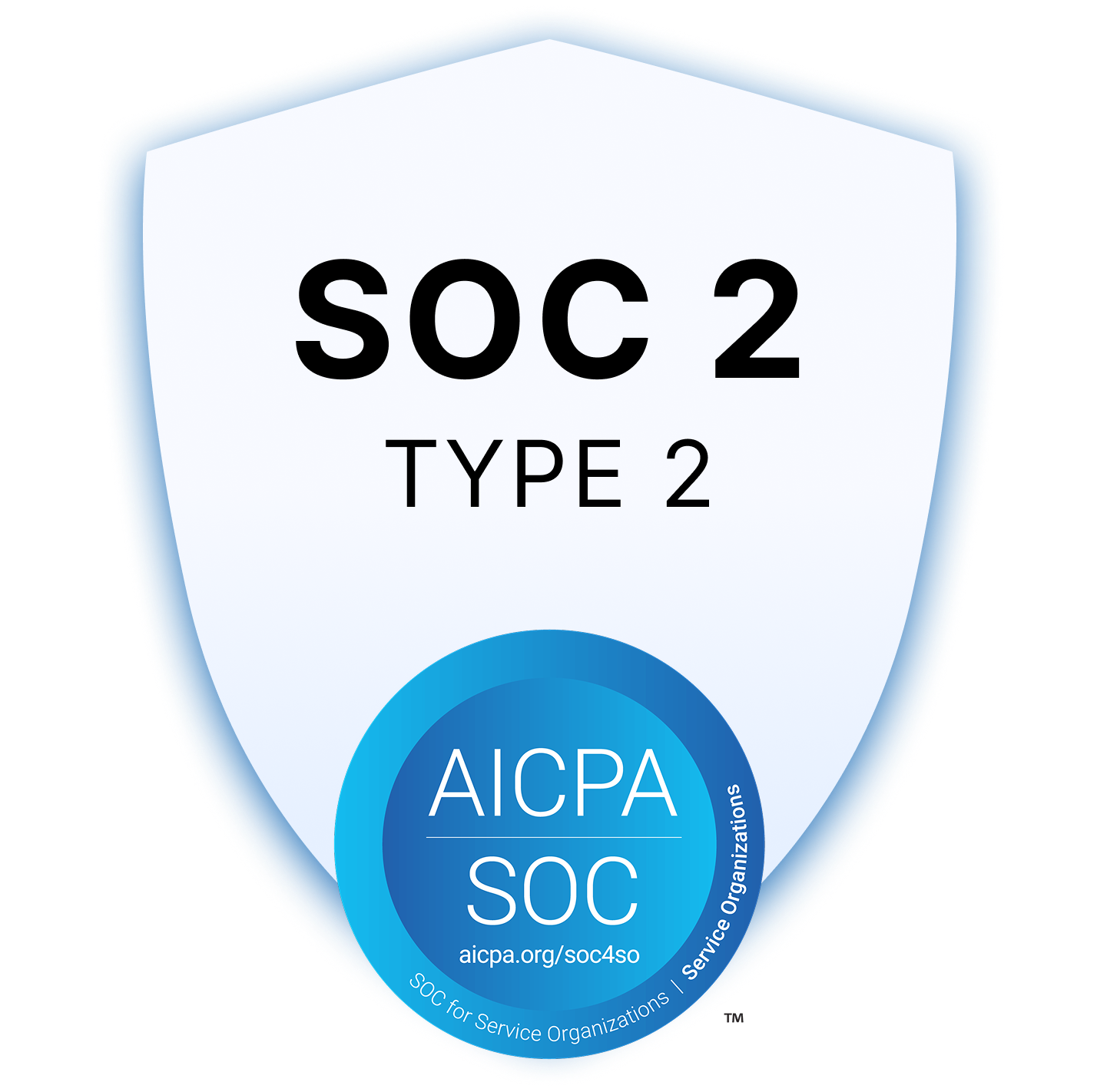
AI in Healthcare
6 min read
AI and Blockchain in Healthcare in 2026
Summary
Your Competitors Are Embracing AI – Are You Falling Behind?
Rapid advances in technology are transforming how healthcare organizations manage information and deliver care. For example, AI and blockchain in healthcare offer new ways to improve data security, streamline operations, and enhance the accuracy of medical decisions.
Together, these technologies are already impacting patient data management, fraud prevention, and healthcare credentialing. Along with other AI tools, such as AI virtual assistants in healthcare, the healthcare landscape is changing, benefiting both providers and patients.
In this article, you’ll discover how the integration of AI and blockchain is reshaping healthcare and what benefits it brings for both patients and providers.
AI and Blockchain in Healthcare: TL;DR
- AI and blockchain work together in healthcare to improve data security, privacy, and reliability. AI analyzes large volumes of medical data, while blockchain ensures the data is tamper-proof and only accessible by authorized users.
- These technologies support secure sharing and management of sensitive patient information. Blockchain’s decentralized structure minimizes the risks of data breaches, and AI helps physicians make better clinical decisions.
- Use cases include secure electronic health records, transparent medical supply chains, and automated insurance claims using smart contracts. Combining AI insights with blockchain’s audit trails enhances both trust and efficiency.
- Implementing AI and blockchain comes with technical and regulatory challenges. Issues involve interoperability, data standardization, and keeping up with healthcare compliance requirements.
What Is Blockchain in Healthcare?
Blockchain in healthcare is a digital system that records and stores data in a secure and unchangeable way.
It creates a chain of data “blocks” linked together, forming a transparent record of information.
Healthcare organizations use blockchain to keep patient records safe, verify credentials, and track data sharing.
Only authorized users can access or add information, helping protect sensitive health data.
The key benefits of blockchain in healthcare include:
- Data integrity: Ensures records cannot be altered without approval.
- Traceability: Tracks who viewed or changed information and when.
- Consent management: Allows patients to control who sees their data.
A typical blockchain healthcare application may look like this:
Unlike traditional databases, blockchain distributes information across many computers. This reduces the risk of data loss or unauthorized changes.
Patients and providers can trust that data on a blockchain network is current and accurate. This makes blockchain a valuable tool for managing health information.
How It Works: Combining AI With Blockchain to Improve Healthcare Services
AI and blockchain are being integrated in healthcare to streamline data management, boost patient privacy, and strengthen data integrity.
Blockchain serves as a secure, immutable ledger for storing and sharing health records.
AI algorithms can analyze this data to assist in diagnostics, predict patient outcomes, and personalize treatment plans.
Access to high-quality, reliable data helps AI deliver more accurate results.
The key steps in the process are:
- Patient data is entered into a blockchain network.
- Data is stored as encrypted blocks, ensuring only authorized parties can access it.
- AI models work on this secure, verified data to extract insights, support clinical decisions, or detect anomalies.
The benefits of using AI and blockchain together include:
Healthcare logistics, such as drug supply chain management, also benefit from combining these technologies. Blockchain provides traceability, while AI can predict shortages or detect irregular patterns.
Healthcare organizations can use this combined approach to maintain patient privacy while enabling advanced analytics. This leads to improved efficiency in delivering care and managing records.
5 Applications of Blockchain in Healthcare
Blockchain technology can be applied in numerous healthcare settings and instances to great benefit. Here are five applications:
1. Securing Electronic Health Records (EHRs)
Blockchain technology offers a decentralized and tamper-resistant approach to storing electronic health records (EHRs). Unlike centralized databases that can be vulnerable to hacking or data corruption, blockchain distributes data across a network of nodes, making unauthorized alterations extremely difficult.
This ensures that patient information is accurate, consistent, and always available to authorized healthcare professionals. As a result, medical staff can make quicker and more informed decisions using AI and deep learning in healthcare with confidence in the integrity of the data.
Additionally, this approach reduces the risk of data loss or manipulation due to internal errors or external breaches.
2. Ensuring Data Privacy and Consent Management
Blockchain empowers patients with greater control over their personal health data by using permissioned access systems. With this technology, individuals can specify exactly who can view or edit their health information and under what circumstances. These access rights are transparent and traceable, meaning any changes or views are logged immutably on the blockchain.
This provides patients with a clear, auditable trail of consent and access, enhancing trust in digital healthcare systems and complying more effectively with data privacy regulations like GDPR and HIPAA.
3. Managing Pharmaceutical Supply Chains
Counterfeit medications are a serious global health issue, leading to ineffective treatment and potentially dangerous outcomes. Blockchain helps combat this by providing a transparent and immutable record of every transaction in the pharmaceutical supply chain, from manufacturing to distribution and delivery.
Each step is verified and timestamped, allowing stakeholders to trace a drug's journey and confirm its authenticity. This not only enhances drug safety but also improves inventory management, reduces theft, and increases accountability across the entire supply chain.
4. Streamlining Insurance Claims With Smart Contracts
Insurance processes are often bogged down by manual paperwork, delays, and inconsistencies. Blockchain introduces smart contracts—self-executing contracts with terms encoded directly into the blockchain.
These smart contracts can automate various stages of insurance claims, such as verifying eligibility, processing approvals, and initiating payments once conditions are met. This automation minimizes administrative burdens, accelerates reimbursements, and reduces the risk of fraud or disputes between patients, providers, and insurers.
Ultimately, it leads to a smoother and more efficient experience for all parties involved.
5. Supporting Clinical Trials and Research Data Integrity
In clinical research, maintaining accurate and trustworthy records is essential for ethical and scientific validity. Blockchain can log and timestamp data entries, such as patient consent forms and experimental results, in a way that ensures any modification is visible and traceable.
This level of transparency builds confidence in the research process and helps prevent data manipulation or selective reporting.
Researchers, regulators, and participants can rely on the integrity of the trial data, improving accountability and accelerating the path to approval for new treatments.
The Future of Blockchain and AI in Healthcare
Artificial intelligence (AI) and blockchain are expected to shape important trends in healthcare over the next decade. Experts see potential for these technologies to impact data management, privacy, and clinical decision support.
AI in healthcare will likely continue advancing medical imaging analysis, predictive analytics, and personalized treatments.
Blockchain is increasingly used to secure electronic health records (EHRs), provide audit trails, and strengthen data sharing security.
The key potential benefits are:
- Improved data integrity and reliability with blockchain
- Enhanced patient privacy due to decentralized data storage
- Faster, more accurate diagnoses using AI algorithms
- Reduced administrative overhead through automated processes
However, challenges remain, including:
- Integrating new technologies with current legacy systems
- Addressing interoperability between platforms
- Ensuring compliance with healthcare regulations
Healthcare organizations are investing in pilot programs and collaborations.
Ongoing research explores how combining AI and blockchain can lead to secure, efficient, and ethical use of health data.
Early results show promise, but scalability and regulatory acceptance are important factors for future adoption.
Final Thoughts on AI and Blockchain in Healthcare
AI and blockchain together represent a powerful force for reshaping the future of healthcare. By combining blockchain’s secure, tamper-proof data management with AI’s advanced analytics, healthcare organizations can improve patient privacy, strengthen trust, and enable smarter clinical decision-making.
These technologies also streamline operations, from securing health records and supply chains to automating insurance claims and supporting research integrity.
While challenges like interoperability and regulatory compliance remain, ongoing innovation and pilot programs show strong potential. As adoption grows, AI and blockchain will play a pivotal role in building a more secure, efficient, and patient-centered healthcare system.
Unlock 300+ integrations with no hidden fees, bespoke rewards, and dedicated support
Related Articles















